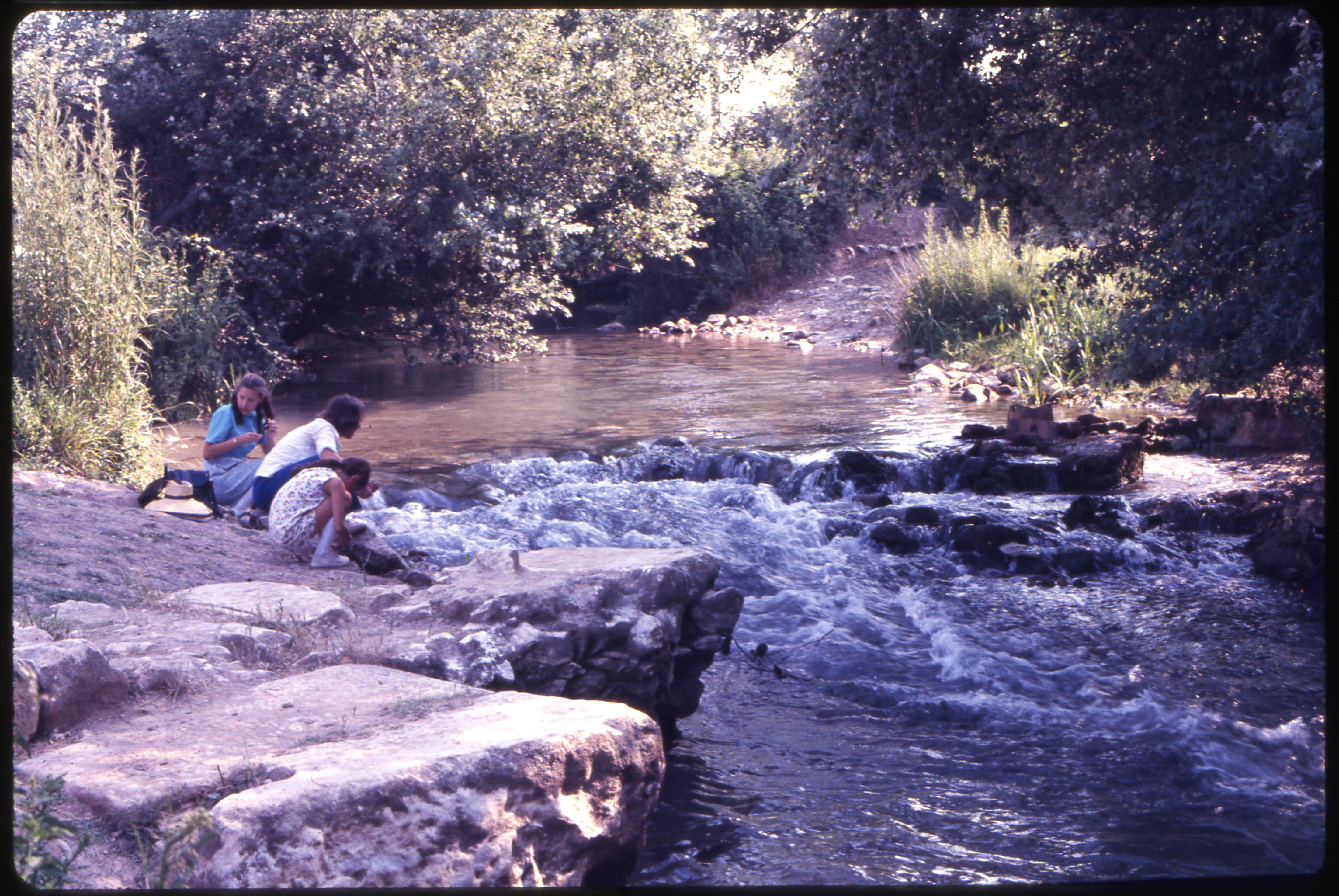Blog
“A Place of Prayer”
Categories: Bulletin Articles, M. W. Bassford
Acts 16:13 describes one of the humblest locations in which Paul ever preaches the gospel to a group of people. He and his companions have come to the city of Philippi, a Roman colony. Probably because of its largely Gentile composition, Philippi doesn’t have a synagogue, so those who wish to worship the God of Israel on the Sabbath must do so by the bank of the River Gangites. There, Paul proclaims Christ and makes his first converts in Europe.
Though picturesque, this riparian setting is only one of many places where we see Christians assembling in Acts. They honor God in the upper rooms of houses (Acts 1:13), a portico of the temple (5:13), synagogues (13:14), the marketplace (17:17), a stony hilltop (17:17), a lecture hall (19:10), a beach (21:5), the deck of a ship (27:35), and rented quarters (28:28). The most specific inference that we can draw from this is that early disciples met together whenever and however they could. In this area, the New-Testament pattern appears to be “Whatever works”.
This observation becomes relevant in our discussions of Bible authority with others. If we criticize some use of church funds as unauthorized, frequently, someone will fire back with the reply, “Well, what about church buildings???” Of course, none of these people really have any problem with church buildings. Instead, their goal is to establish that we are inconsistent in our adherence to the first-century pattern.
I see two problems with this argument. First, as noted above, there is no discernible pattern with respect to the meeting places of first-century Christians, and not even a discernible pattern when it comes to spending money on meeting places. The riverbank was free. The school of Tyrannus probably wasn’t (at least, churches today that meet in schools generally have to pay for the privilege). Paul’s rented quarters weren’t; indeed, they were paid for by support from churches.
The synagogues weren’t free either, rather being built and maintained by the Jews of the community. Did the people of Iconium who believed in Acts 14:1 stop showing up at the synagogue the next week because it was A Misuse Of The Lord’s Money? Instead, throughout Acts, we see brethren taking advantage of purpose-built meeting places as long as they can.
Second, as per Hebrews 10:25, assembling is part of the work of the church. How can we do this? The Jerusalem church could meet in the massive colonnades of the temple for free; but the Jackson Heights church can’t even meet in a pavilion in a city park without paying for it. No member of the congregation owns a house where even half of us can gather. Either we spend money on meeting, or we become, quite literally, fair-weather Christians. Under these circumstances, the use of the Lord’s money to ensure that we can come together and build one another up every first day of the week is entirely appropriate.





